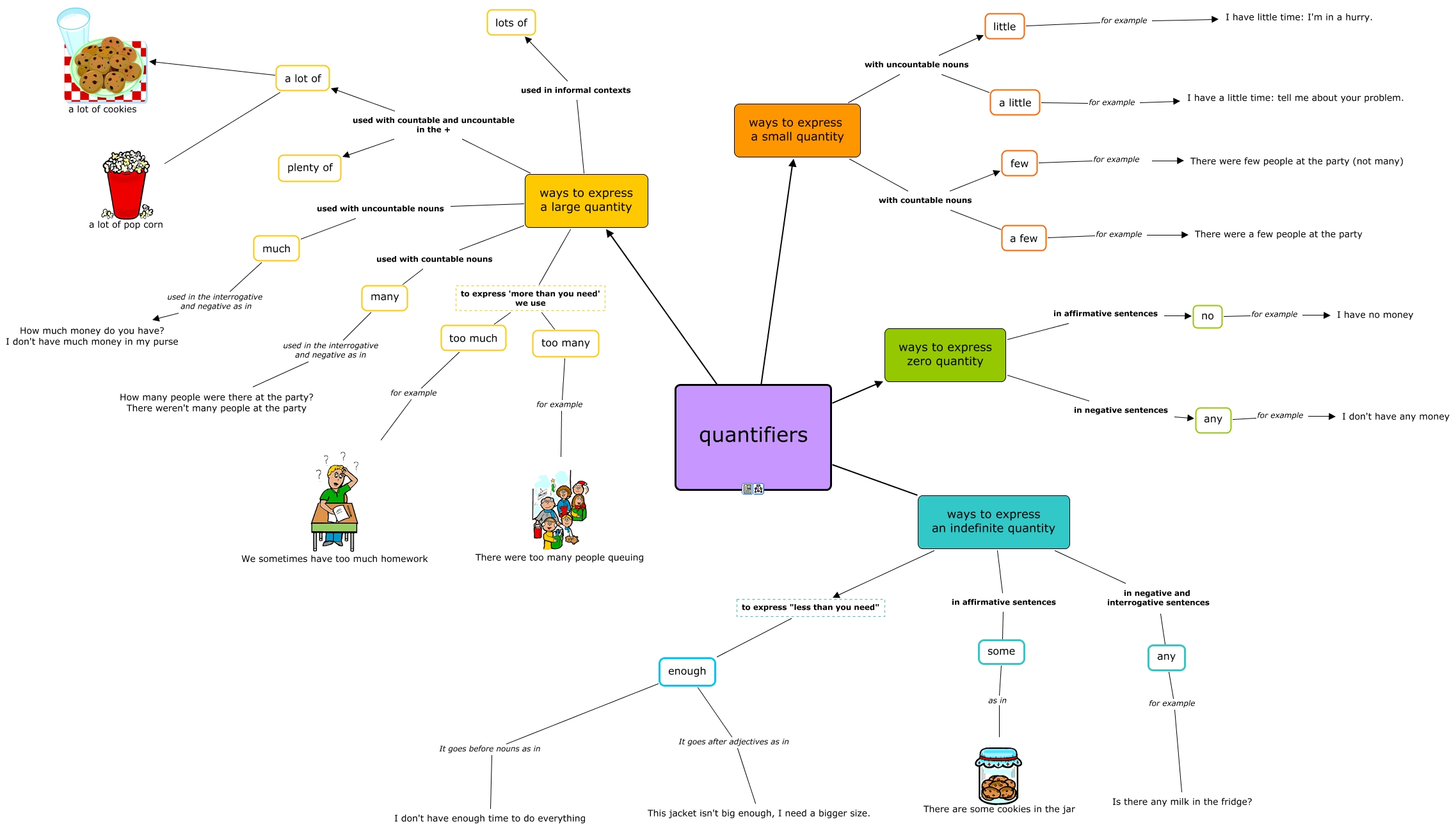Our quick English tip for today is going to be related to the quantifiers “some” and “any“.The words “some” and “any” are used when a speaker cannot or does not specify amounts or numbers of things or people.
Oggi la nostra dritta sull’inglese riguarda i quantificatori “some” e “any”. Le parole “some” e “any” si utilizzano quando chi parla non può specificare (o non specifica) la quantità di cose o persone di cui sta parlando.
Have a look at the following sentences:
– While driving to school yesterday, we saw three kids playing in the park.
Mentre andavamo a scuola in macchina abbiamo visto tre bambini giocando nel parco.
In this sentence the number of children is specified and it is important to know how many kids the speaker saw.
In questa frase il numero dei bambini viene specificato ed è importante per chi parla.
– While driving to school yesterday, we saw some kids playing in the park.
Mentre andavamo a scuola in macchina abbiamo visto dei bambini giocando nel parco.
In this sentence the speaker is unsure of how many children were playing in the park or the number is unimportant.
In questa frase chi parla non è sicuro di quanti bambini stessero giocando nel parco, oppure il numero non è rilevante.
some is normally used in affirmative sentences. For example:
– Some people are coming to the party but I don’t know how many.
Alcune persone verranno alla festa, ma non so quante.
– If I have some free time after work, I will come visit you.
Se dopo il lavoro ho un po’ di tempo libero ti vengo a trovare.
any is normally used in negative sentences. For example:
– The company still hasn’t got any news about the merger.
L’impresa non ha ancora novità sulla fusione.
– I didn’t see any of my friends at the party.
Non ho visto nessuno dei miei amici alla festa.
In the following dialogue between Chris (C) and Marta (M) we can see how to use the quantifiers “some” and “any” in conversation.
C: Morning, Marta. Would you like to go get some coffee?
Buongiorno Marta. Vuoi bere un caffè?
M: Morning, Chris. No I don’t drink coffee any more. I stopped last month.
Buongiorno Chris. No grazie. Non bevo più caffè dal mese scorso
C: That’s OK. Some friends of mine are at a coffee shop nearby so I thought I’d offer.
Ok. Ci sono dei miei amici in un bar qui vicino, per quello te l’avevo proposto.
M: I’d love to come but I have to study for next week’s test. I haven’t had any time to study yet.
Mi piacerebbe ma devo studiare per il mio esame di settimana prossima. Non ho ancora avuto tempo per studiare.
Normally we use “any” to make questions to ask about the existence of something, for example,
– Is there any rice left?
È rimasto un po’ di riso?
– Do you have any children?
Hai figli?
However, “some” can also be used when we are offering or suggesting something. Here are some examples:
– Would you like to go get some coffee?
Vuoi andare a bere un caffè?
– Would you like some new shoes for your birthday?
Ti piacerebbe un nuovo paio di scarpe per il tuo compleanno?
It may also be used when asking for something.
– Could I have some water please?
Mi può dare un po’ d’acqua per favore? ?
– Can I have some fries with my burger?
Mi può dare anche delle patatine fritte con il mio hamburger per favore?

